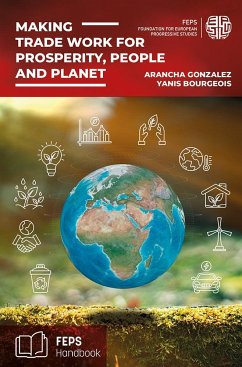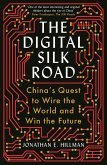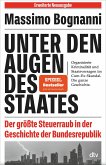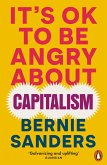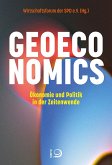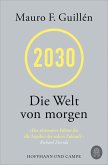We are living in turbulent times. Trade and globalisation are facing major economic, geopolitical and societal shifts. Trade continues to drive job creation, growth, innovation, development and poverty reduction. Simultaneously, trade is also raising legitimate concerns about resilience, distribution, inclusion and the environment. More recently concerns about national security, dependencies and technology are redrawing trade maps. In today's complex trade ecosystem, the Trade Handbook provides the reader with a comprehensive view of why open trade and economic integration matter, where trade is headed, how to regulate it, and how it can work for everyone - not just some or most. If in the past the focus has been on making trade possible, i.e. negotiating trade agreements, the Trade Handbook suggests to pay the same attention to making trade happen, and most importantly, to ensure trade works for all. Basically, how to make trade effectively work for prosperity, people and planet. The Trade Handbook is part of the Foundation for European Progressive Studies (FEPS)."Trade is a powerful process shaping the global economy, leveraging development but also creating new tensions and social inequalities. If you want to understand how this works and how this should work, you have here a brilliant synthesis provided by an outstanding policy-maker in the world stage."Professor Maria Joao Rodrigues (FEPS President) "The book smartly guides us through the underlying economic reasons for engaging in trade, the functioning of the international trading framework and key elements needed to facilitate trade."Prof. Dr. hab. Marek Belka (former Prime Minister of Poland and Vice-President of S&D Group in the European Parliament)"It is both a reference book and an inspiration. Trade will always lead to discussions, this book will make the discussion more factual and knowledgeable."Ann Linde (Former Foreign Affairs Minister of Sweden)"In a mesmerizing tour de force that takes the reader through the ebbs and flows of the intellectual and empirical evolution of the trade adventure, Gonzalez Laya articulates a fresh vision with courage and conviction."Dr. Dimitris Tsarouhas (Adjunct Professor, Georgetown University Research Director, Virginia Tech Consultant, World Bank Member of FEPS Scientific Council)
Bitte wählen Sie Ihr Anliegen aus.
Rechnungen
Retourenschein anfordern
Bestellstatus
Storno

